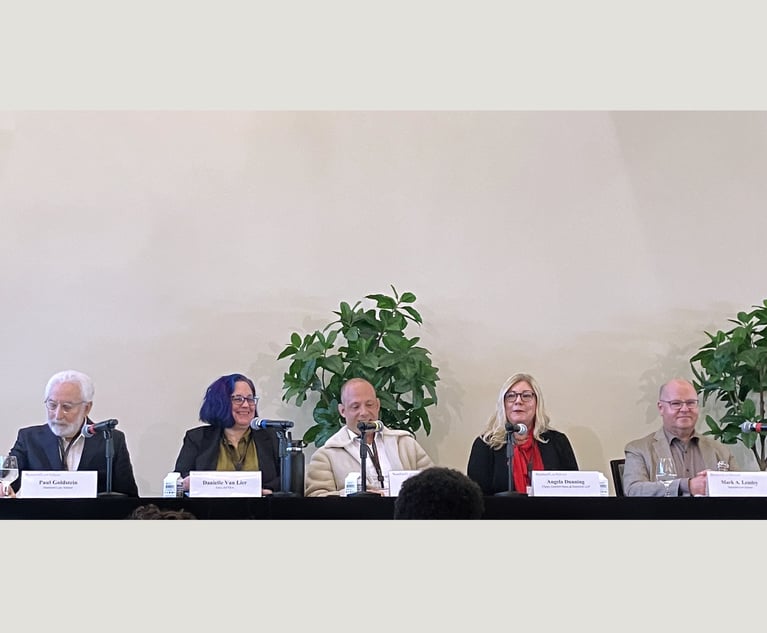On April 15, the European Union’s Directive on Copyright in the Digital Single Market (the directive) received approval from its member states. The directive was proposed to ensure that artists, authors and journalists are paid fairly for their work by tech entities that profit from such work. Critics fear, however, that it will result in significantly less freedom of speech on the internet.
The directive will require major changes for online content sharing services. Under existing law, services are immune from liability for copyright infringement resulting from user-posted content so long as they act promptly to remove material when an objection is raised. This regime is similar to the “safe harbor” provision of the United States’ Digital Millennium Copyright Act of 1998. The directive, however, will require for-profit content sharing services to set up filters to prevent the upload of content containing copyrighted material. Companies will be liable for user-posted content unless their filtering systems are deemed adequate. The directive instructs member states to consider the size of the service, the amount of content uploaded and the effectiveness of the filtering system “in light of technological developments,” but otherwise provides little guidance as to when a system is sufficient to avoid infringement liability. This uncertainty leaves open the possibility that businesses will filter in an overly aggressive manner to ensure compliance, which may in turn create an unintended standard for others to attain.


 Image by Shutterstock
Image by Shutterstock







